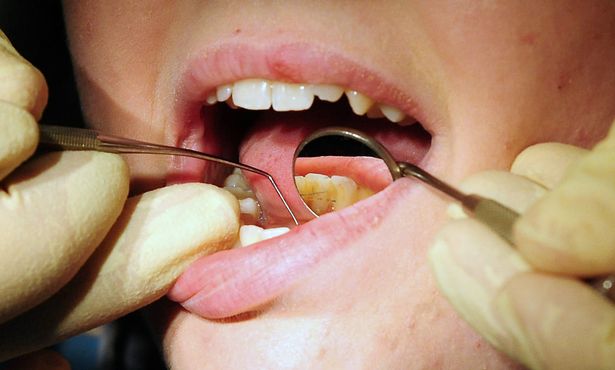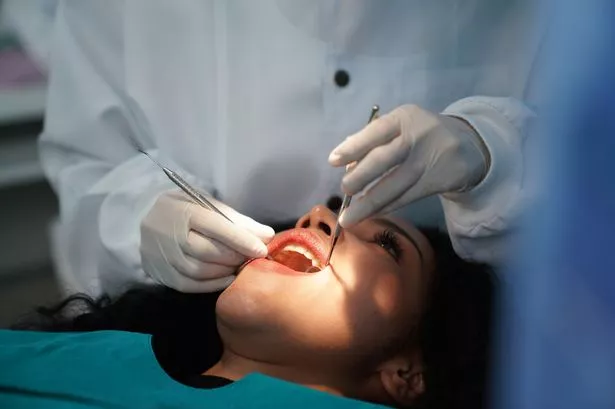Our Terms & Conditions | Our Privacy Policy
Scientists create lab-grown teeth ‘in a dish’ that could ‘replace fillings’ in major breakthrough
Dentists are one step closer to growing replacement human teeth instead of giving fillings thanks to a key discovery
Scientists have successfully grown teeth in a lab(Image: Getty Images)
A groundbreaking breakthrough could spell the end of fillings and implants forever, offering a future where we could simply grow new teeth from our own cells.
While some animals like sharks and elephants can continuously grow new teeth, humans only get one precious adult set of pearly whites.
But according to new research by scientists at King’s College London, that could be about to change.
The team of researchers have successfully grown a tooth under laboratory conditions. The breakthrough could revolutionise dentistry, paving the way for patients to regrow lost teeth in the future.
The scientists developed a material that mimics the environment needed for tooth development, which allows cells to send signals that cause a tooth to form. Using a patient’s own cells, a lab-grown tooth could integrate into the jaw and repair itself like a natural tooth – unlike implants and fillings, which are fixed and cannot adapt over time.
 Scientists are one step closer to being able to grow human teeth in a lab to replace fillings and implants(Image: Getty Images)
Scientists are one step closer to being able to grow human teeth in a lab to replace fillings and implants(Image: Getty Images)
Dr Ana Angelova-Volponi, director of regenerative dentistry at King’s College London, said the research has the potential to “revolutionise dental care”.
Dr Angelova-Volponi added: “We have developed an environment by using new materials that will allow cells to efficiently communicate to each other and start forming teeth ‘in a dish’.
“This environment can be better adjusted to promote the process of tooth-making. With this, we might be one step closer to growing human teeth in a lab in the near future.”
 The study outlines how a lab-grown tooth could be made from a patient’s own cells(Image: PA)
The study outlines how a lab-grown tooth could be made from a patient’s own cells(Image: PA)
Scientists have been trying to create lab-grown teeth for a decade. Previous efforts had failed because the cells were unable to communicate effectively.
Now, researchers are exploring two possible approaches: growing a whole tooth before implanting it or adding early-stage tooth cells to a patient’s jaw where it can develop. Both processes require very early tooth development in the lab, according to Xuechen Zhang, from the Faculty of Dentistry, Oral & Craniofacial Sciences at King’s College London.
 Dentists have said the breakthrough could “revolutionise dental care”(Image: Getty Images)
Dentists have said the breakthrough could “revolutionise dental care”(Image: Getty Images)
Zhang said: “Fillings aren’t the best solution for repairing teeth. Over time, they will weaken tooth structure, have a limited lifespan, and can lead to further decay or sensitivity. Implants require invasive surgery and a good combination of implants and alveolar bone.
“Both solutions are artificial and don’t fully restore natural tooth function, potentially leading to long-term complications.”
Dr Angelova Volponi added: “As the field progresses, the integration of such innovative techniques holds the potential to revolutionise dental care, offering sustainable and effective solutions for tooth repair and regeneration.”
The research, in collaboration with Imperial College London, was published in the journal ACS Macro Letters.
Images are for reference only.Images and contents gathered automatic from google or 3rd party sources.All rights on the images and contents are with their legal original owners.



Comments are closed.